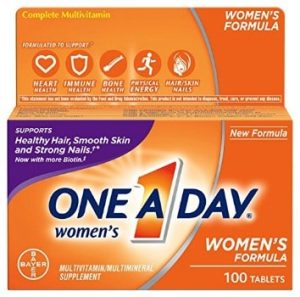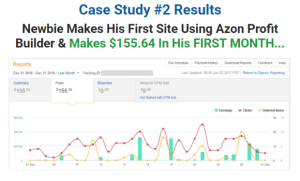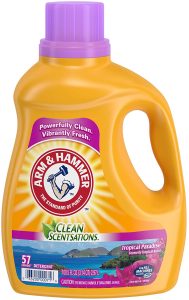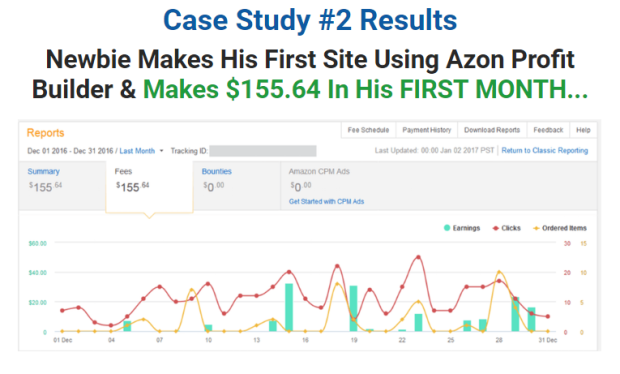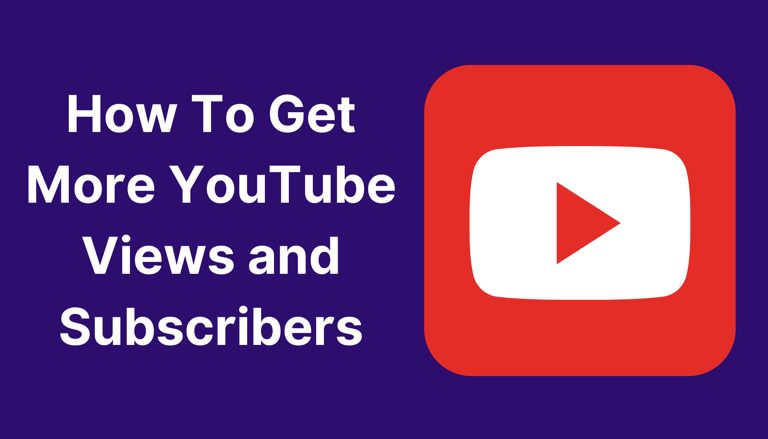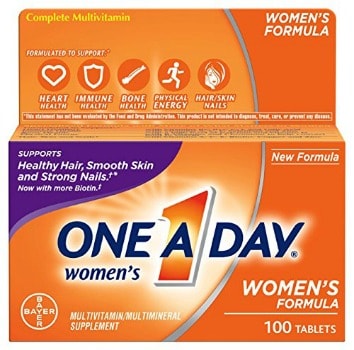I was in the park with my young kids the other day and heard a conversation between a child, his mother and one of his mom’s friends.
“David, how have you been?”
“I’ve been great! I play baseball now!”
“How’s that going?”
“Terrific! In my last game, I had three hits and a homerun! I also pitched and got four strikeouts! My coach named me the player of the game!”
Mom chimes in:
“Now Davey! You shouldn’t brag! Remember, there were other kids on that team that helped win the game too!”
Everyone probably remembers a conversation like this from their own childhood. Ever since we were kids we’ve been reminded that it is impolite to brag, take all the credit or boast about our accomplishments.
In my job seeking consultancy the most difficult question to answer is, “So, can you tell me about yourself?” Our awkwardness in taking ownership for our career accomplishments is also often reflected in resumes and cover letters.
So here’s the deal, job seekers:
Your ‘aw-shucks’ modesty is not endearing; it is hurting your chances of getting a job!
Employers will not correctly guess what your strengths are nor will they safely assume that your skills and accomplishments are a good fit for the job you are applying.
|
The only way others will know how your hard work, education and background is tied to your success is when you TELL THEM. The only way your future employer will know that you have the best skill sets, the most relevant experience and the differentiators that set you apart from your competition is when you make these things crystal clear in every touch point of the job application process.
So, how do you this?
 The number one strategy of the successful job seekers I’ve interviewed is a focused, red-hot confidence.
The number one strategy of the successful job seekers I’ve interviewed is a focused, red-hot confidence.
Confidence is not bragging nor is it boasting. It’s simply and directly stating and describing your very real accomplishments.
Start with your resume. If you are using ‘wimp’ or ‘fluff’ words and phrases like “Coordinated,” “Helped,” “Highly talented,” “Motivated,” or “Hard working,” your resume will most likely not be seriously considered. If you describe yourself using results-oriented words such as “Senior level,” “Expert in….,” “Led,” “Managed,” “Created,” followed by result-oriented accomplishments, a recruiter will put your resume on the top of the pile.
In addition, if you have quantifiable results use these results to emphasize your accomplishments. For example, “increased sales by 30{6fac3e6a3582a964f494389deded51e5db8d7156c3a7415ff659d1ae7a1be33e},” “Improved customer satisfaction by 25{6fac3e6a3582a964f494389deded51e5db8d7156c3a7415ff659d1ae7a1be33e},” “Increased website traffic by 25{6fac3e6a3582a964f494389deded51e5db8d7156c3a7415ff659d1ae7a1be33e},” “Increased revenue by $25 million in one quarter.”
Lastly, if you are having a hard time talking about yourself in an interview or feel awkward taking credit for your success, ask yourself the following question, “What is your proudest career accomplishment?” Was it a project? Was it something you did to earn a promotion? Was it an accomplishment that relied on all of your skills, expertise and integrity? What was required of you to be successful? What part of your background — your education, your experience, your intuition — did you call on to be successful? Did you have to inspire others? Did you have convince your boss? How did you measure the results of your accomplishment?
When you start thinking about the things in your career that have made you successful, you start to understand and recognize that describing your successes is NOT bragging, it is simply taking ownership of all of the things that make you, YOU! That is something every employer wants to understand — what makes you tick? What are the things that made you successful in the past that are going to make you successful at our organization?
Bottom line? Confidence means not being afraid to take ownership for your successful career. It means providing a deliberate and detailed explanation of how your talents and skills, your accomplishments, your promotions, your leadership and your results are tied to the job your are applying and how those things are valuable to your future employer.
![]()
SOURCE: – Read entire story here.


